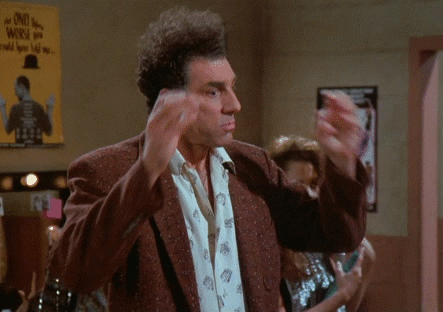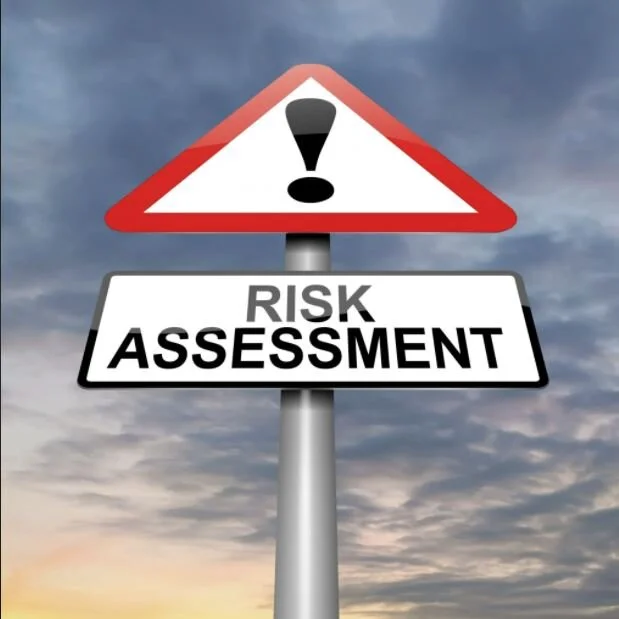You thought we were playing a drinking game, didn’t you???
Nope!
(I think those days are done for me unless I have another Presidential debate to watch!)
I’m talking about an actual, physical shot.
Or in my case, three shots. Every week.
For 8 months.
Like so many of you, I have seasonal allergies— except mine aren’t really that seasonal. Every season, it seems, has a goodie to offer me, whether it is mold, pollen, ragweed.
If you know… you know.
A couple years ago, I decided to do immunotherapy— where they literally inject you with precisely what you are allergic to, in the hopes that you will build up immunity to what you are allergic to. It worked GREAT.
UNTIL I let up too early— didn’t follow the maintenance protocol, and regressed back. So after a really miserable spring and the covid quarantine, I went back and started all.over.again.
If you’re not familiar with allergy shots— you go, they give you your shots— and typically (and pre-covid), you’d wait there for 30 min and the nurse checks your arms to make sure you aren’t blowing up or going into some anaphylactic shock.
But there are new rules now — posted below. I laugh every time I pass it on my way out because it totally speaks my language— direct & straightforward.
New year, new rules. #2020
Do not pass GO. Do not collect $200 dollars. DON’T COME BACK. NEW RULES for 2020.
Just leave. they thank you, so it’s polite!
See ya later, alligator.
What this sign really got me thinking about was the concept of risk appetite.
Clearly, my allergy practice made a call that having a patient come back into the treatment room, post-shot, versus patients having a massive allergic reaction was worth the risk— a tradeoff they were willing to make given the current environment. They likely felt comfortable because they had years of data that gave them confidence to change the policy during these covid times)
Risk appetite was many times THE issue at hand when I used to work in financial services— the company’s overall risk tolerance, as well as who could approve certain deals and deal amounts were always a hot topic of debate.
How much information did we need in order to feel comfortable to lend millions of dollars to a client? Pre and post financial crisis — as you can imagine, the level of information as well as the data/ documentation changed quite a bit.
Fast forward to now, as humans living in a covid world. We are all tired— maybe you’re short on patience (me!), our senses are heightened… ever vigilant in the face of this scary-as-shit pandemic.
If flames could shoot out of my head, they would... 100%
Suddenly, we find ourselves weighing perceived risk and ACTUAL risk — ALL OF THE TIME.
Our brains are literally on fire with the constant calculation.
And this is what we are bringing into our workplaces— large, global multinationals to small boutique businesses— the choices are the same, albeit on different scales.
If you lead teams, how have you responded as a manager? As a parent? As an employee? As a child of elderly parents?
Have you had to make decisions at work that felt comfortable?
Or have you had to assess what a global pandemic, civil unrest and an upcoming election (if that is not the ultimate trifecta, I don’t know what it) may affect your job?
You get my drift. Assessing risk is always part of work and frankly….LIFE.
But it is much harder now than it was back in the day…(err, or just February) And it is much harder when the risk you are trying to assess directly impacts your livelihood and family.
People will ask me often, what is the thing you wish more employees (including managers!) would focus on?
Here they are.
1) Self-Awareness
2) Critical Thinking
Self-Awareness is key because you really need to understand that you are going to act irrationally sometimes. The key is to know WHEN and HOW that might show up— so you can keep it in check.
Critical Thinking was one that crept up on my radar in the last 5 years or so. What I have observed time and again, is in certain environments (like Corporate America!) some employees think they are paid to “do” and not “think”.
So what happens when the playbook doesn’t work anymore? Or that the current conditions don’t allow the old plays?
You can’t just “do”… You have to “think”!
You need to gather data & insights, leverage your experience and other team members’ expertise and be resourceful enough to come up with the next play. The new play.
In my humble opinion, this is where leaders are made.
They possess the ability to face into a problem and work it with the best information they have at the time. They work the problem.
One of the things I have heard the most from my colleagues, friends and families is how FRUSTRATED we all are. We want answers, but are just coming up with more questions. We love to have definitive plans and guarantees that if you do “x”, the result will be “y”.
We LOVE certainty because it gives us comfort.
So yes— self care, meditation, resilience training, zoom happy hours for networking— all good things. But IF we can teach each other how to think critically, with confidence (or confidently critically?), leveraging all of the resources we have— we might have more peace of mind knowing we are doing the best we can with the cards that have been dealt.
Easier said than done, I know. You’ll have to hire me to get the rest :)
Be well, stay well.
Jean
PS: Part 2 of “shots, shots, shots”— coming later this week. It will be intensely personal and may trigger some strong emotions, so I will repeat this disclaimer again once I release that one!





